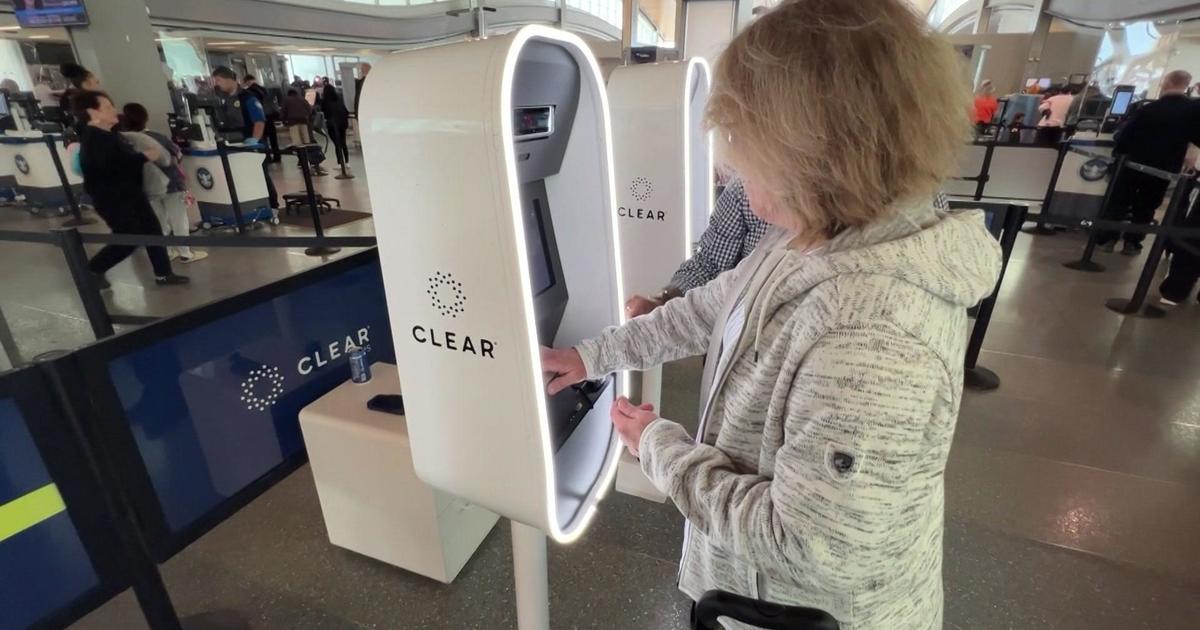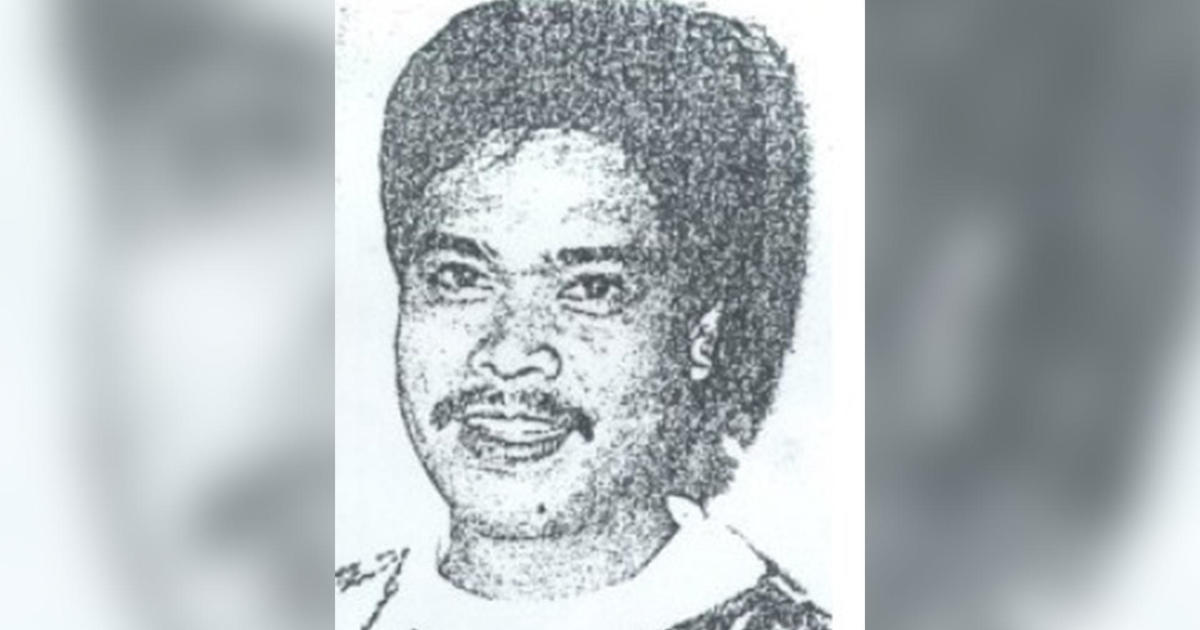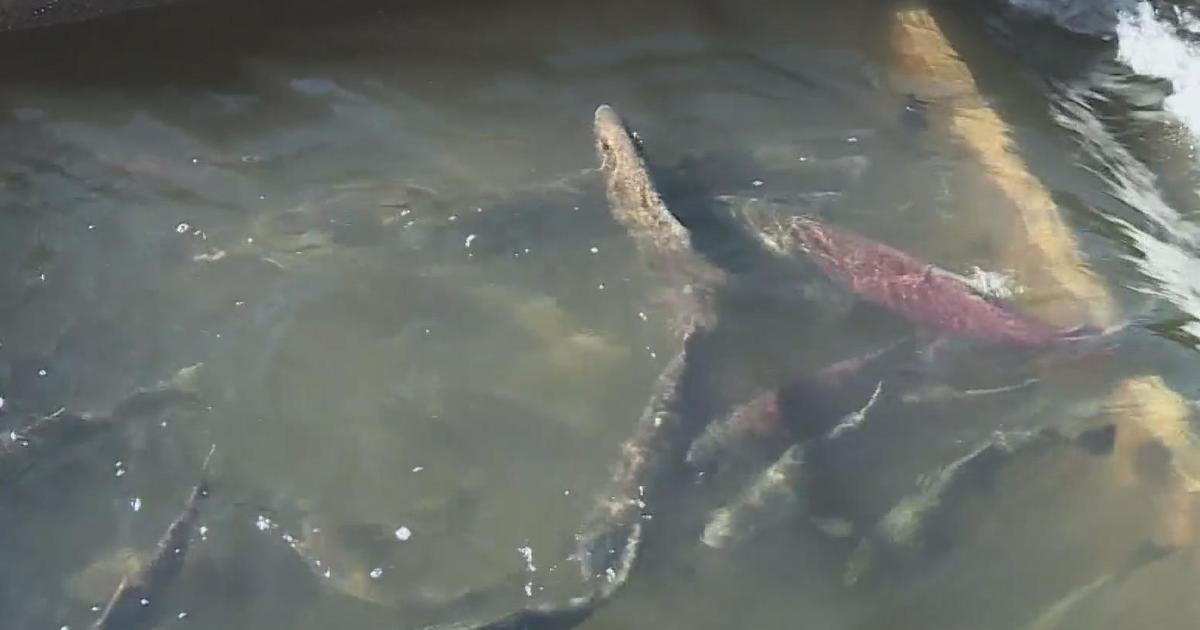Study: Colors You Remember May Not Be The Colors You Saw
SACRAMENTO (CBS Sacramento) - What memories are most vibrant in your mind? The red roses of a romantic Valentine's Day? The aqua-marine hue of a Caribbean beach? The bright yellow sun on a summer day?
Now researchers at Johns Hopkins University say you're not really remembering the true colors you saw on the days you made those memories. You're probably seeing in your mind's eye what your brain interprets as the perfect example of that color.
It's a bit confusing, but the basic idea is that while our eyes are good at picking out slight differences in a single shade of color, for example blue, our brains are unable to store that many different colors in memory.
So to compensate, the brain categorizes different shades into a single, best example of that color.
While our eyes easily distinguish between aqua, periwinkle, azure, navy, colbalt and other hues, the brain simply lumps them all into "blue."
"Trying to pick out a color for touch-ups, I'd end up making a mistake," said lead author and cognitive psychologist Jonathan Flombaum. "This is because I'd mis-remember my wall as more prototypically blue. It could be a green as far as Sherwin-Williams is concerned, but I remember it as blue."
Flombaum and his team from U.C. Davis, UPenn and Rutgers asked subjects to look at a color wheel made up of 150 different colors. They were asked to find the "best" examples of blue, pink, green, orange, and yellow.
In a different experiment, another group was shown a colored square for one tenth of a second. Then they were asked to try to remember the color and find the exact match on a color wheel with 180 hues.
All of the participants leaned towards the basic "best" colors, but showed a greater tendency to do so when asked to remember the color.
"We can differentiate millions of colors, but to store this information, our brain has a trick," Flombaum said. "We tag the color with a coarse label. That then makes our memories more biased, but still pretty useful."
The paper is published in the Journal of Experimental Psychology.
(TM and © Copyright 2015 CBS Radio Inc. and its relevant subsidiaries. CBS RADIO and EYE Logo TM and Copyright 2015 CBS Broadcasting Inc. Used under license. All Rights Reserved. This material may not be published, broadcast, rewritten, or redistributed.)



